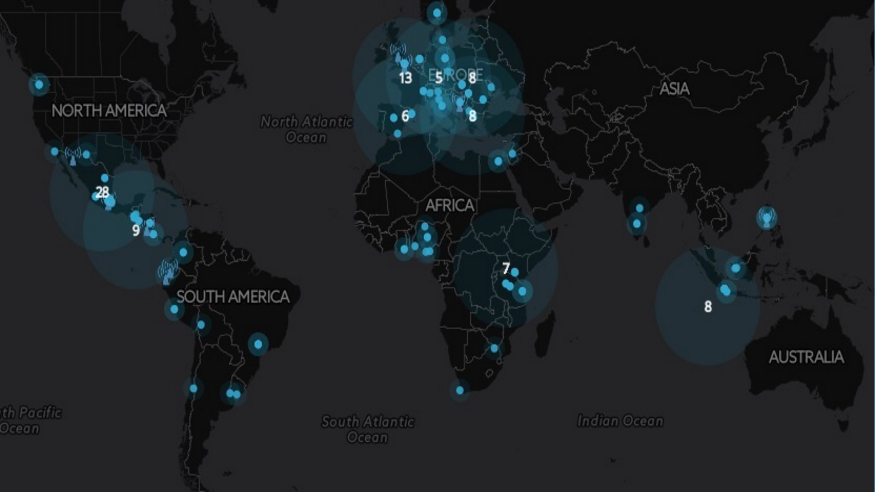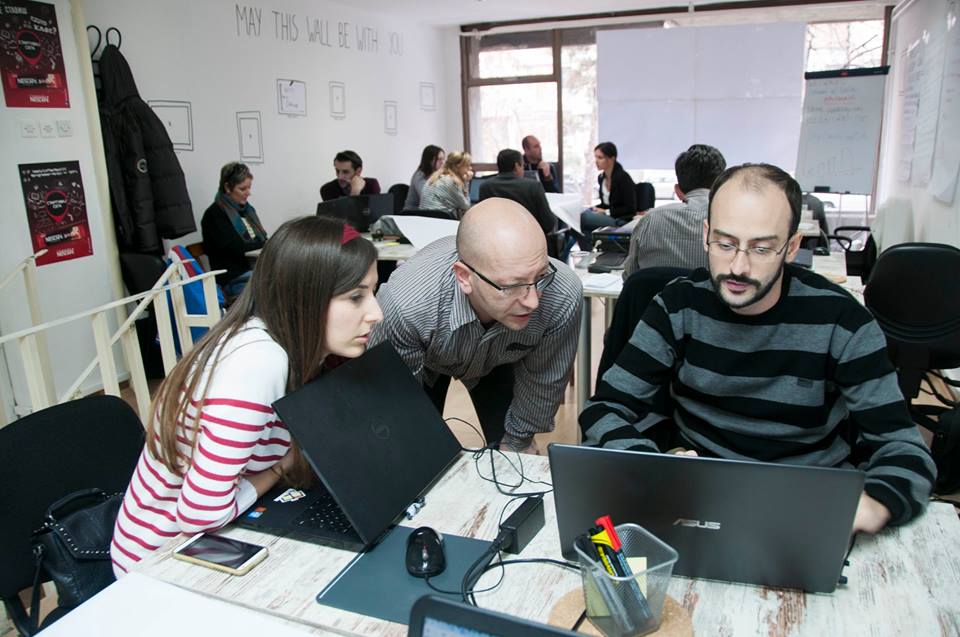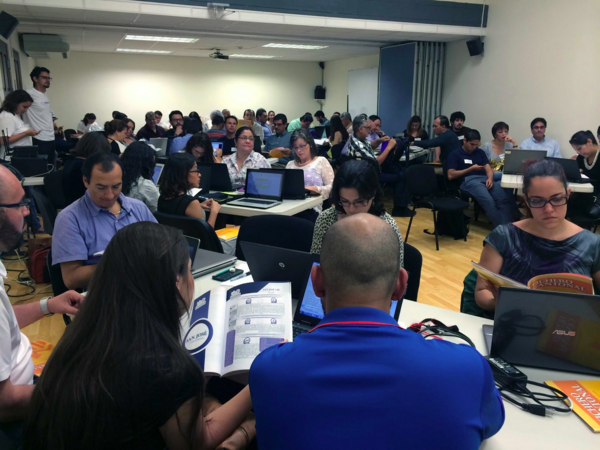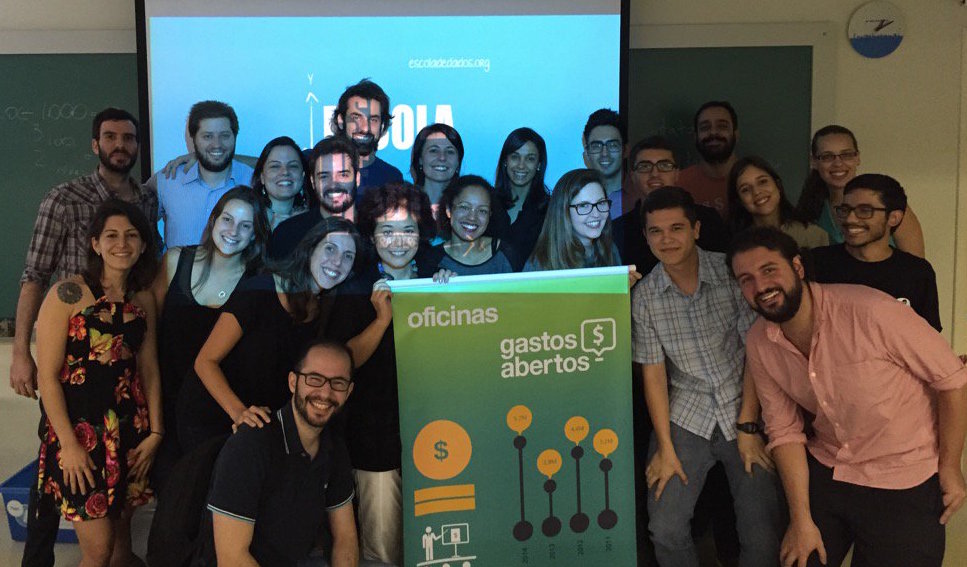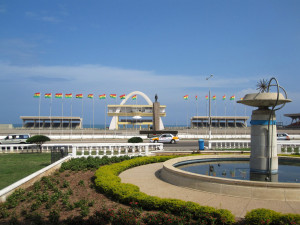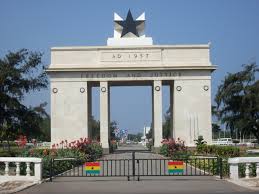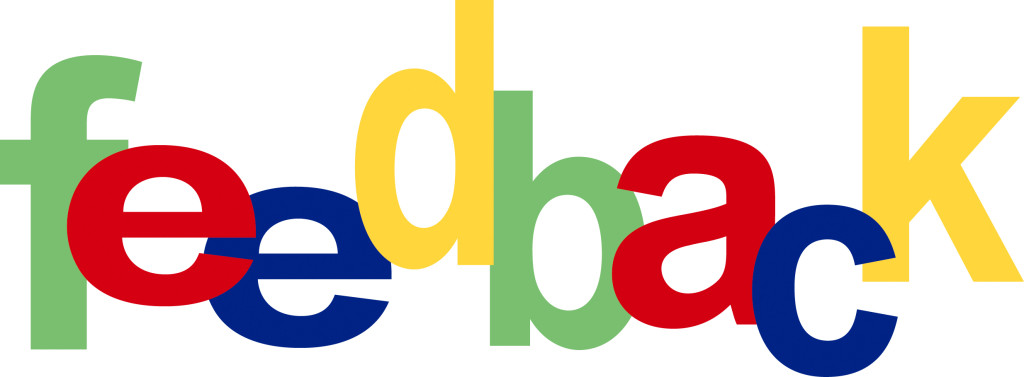Research Results Part 1: Defining Data Literacy
Dirk Slater - January 8, 2016 in Impact
Thanks to the efforts of governments, organizations and agencies to make their information more transparent, the amount of open data has increased dramatically in recent years. Consequently, interest has arisen in the practitioners who develop data literacy, which they do often through international, collaborative networks of like-minded actors.
The work of School of Data has emerged in a context where different fields (from Information and Communications Technology (ICT) for change activism to data journalism curriculum creation in universities) have seen resources devoted to the transmission of skills related to data use in different journalism and advocacy contexts. ‘Data literacy’ has emerged as a term to refer to the umbrella of initiatives, though not without challenges (Data-Pop Alliance, 2015). What does the concept exactly mean?
‘Data literacy’ can be defined in terms of skills (‘the ability to use and analyse data’), and this can inspire different analysis on each component to those skills. However, attempts to define the term can also allude to the social transformations that can be sought through it, especially when seen through the lens of the history of literacy (Data-Pop Alliance, 2015).
Furthermore, once we accept a definition of ‘data literacy’, how does it coexist with discussions such as the difference between ‘statistical literacy’ and ‘statistical competence’ (“what every college graduate should know” vs “what we hope a business statistics student will retain five years later”, as Moore distinguishes –as cited by Schield, 2014–), or with the general concept of data awareness (as discussed by Rumsey, 2002)?
‘Data literacy’ as a concept stems from old visions of numeracy and information literacy; however, researchers who have examined current work in this field have categorized the approaches to define data literacy as the ability to read, work with, analyze and argue with data (Bhargava and D’Ignazio, 2014), as well as “the desire and ability to constructively engage in society through or about data” (Data-Pop Alliance, 2015). We consider both dimensions, skills and social engagement, are a good foundation to discuss the aims and practices of the School of Data community.
The underlying concept of data literacy that each actor holds will determine aspects of their methodology at the individual and collective levels. Inspired by the categorization done by Bhargava and D’Ignazio, in our interviews we asked participants questions to get insight on their visions of data literacy and the aims of their work. The following abilities were mentioned by two or more participants:
- Knowing how to find information in different ways. This includes being able to track down sources of existing data, but also knowing how to collect it if it doesn’t exist yet.
- Being able to apply critical thinking skills to data. This ranges from the ability to do data quality assessment or contextualizing specific information to other aspects of processes related to data-related work, such as the ethics of handling data.
- Being able to ask questions to the data (and then finding an answer). Related to the last ability, different participants mentioned the ability to ask questions to data as one of the goals of data literacy trainings – even if they don’t go as far as finding the answers for them, though ideally they would.
- Being able to find specific outputs (such as stories or visualizations) in data. Apart from the ability to ask and answer questions, a topic that recurred among participants from the field of data journalism was the importance of finding stories and other journalistic outputs.
- Being able to use it to advance one’s own goals. Whether it is specifically more in-depth research, or generally better and more data-driven storytelling or campaigning, the link between data and action was evident in many of the interactions we had with the participants.
- Feeling comfortable around data and working with it. At times as an intermediate aim to lead to the other abilities mentioned in this section, and at other times as an end in itself, many participants mentioned the importance of promoting comfort around data (and bringing down the psychological barriers that exist between people and data).
- Being able to do basic statistical analysis with data. Even though more technical aspects of data literacy came up at different points (for example, the need to know how to clean data), the only one that was recurring was the ability to work with basic statistics.
Other general considerations
- It’s a non-linear process. Two participants pointed out that it was important in their work not to view data literacy as a linear process, or a binary (“you are data literate or you aren’t”); they view data literacy as a process that involves very different actions depending on the context and needs of each individual (or group).
- Data literacy can be promoted and assessed at the individual level, but also in groups (such as organizations or communities). When asked what data literacy looked like at the organization level, participants mentioned buy-in and engagement from different parts of the organization (including the senior staff). The proper allocation of resources to this type of work depends on an understanding of data work and its genuine possibilities.
- An aim of data literacy work is to expand existing markets. In the case of data journalism, different participants mentioned data literacy work as a way to help journalists produce content that will bridge the gap between them and information they can act upon (a hypothesis based on solutions journalism, which is journalism that aims at covering solutions to social problems, for example). Also, as a way to increase the demand for open data.
It’s important to understand how the various actors in the field use the term ‘data literacy’ and in particular, how that impacts training and knowledge sharing goals. As the use of data becomes more ubiquitous in social change efforts, it is likely that the definition will continue to narrow and be as recognisable as terms like ‘computer literacy’.
In our next post ‘Data Literacy Methodologies’ we will look at how data literacy practitioners reinforce their own definitions through their training and knowledge sharing practices.


